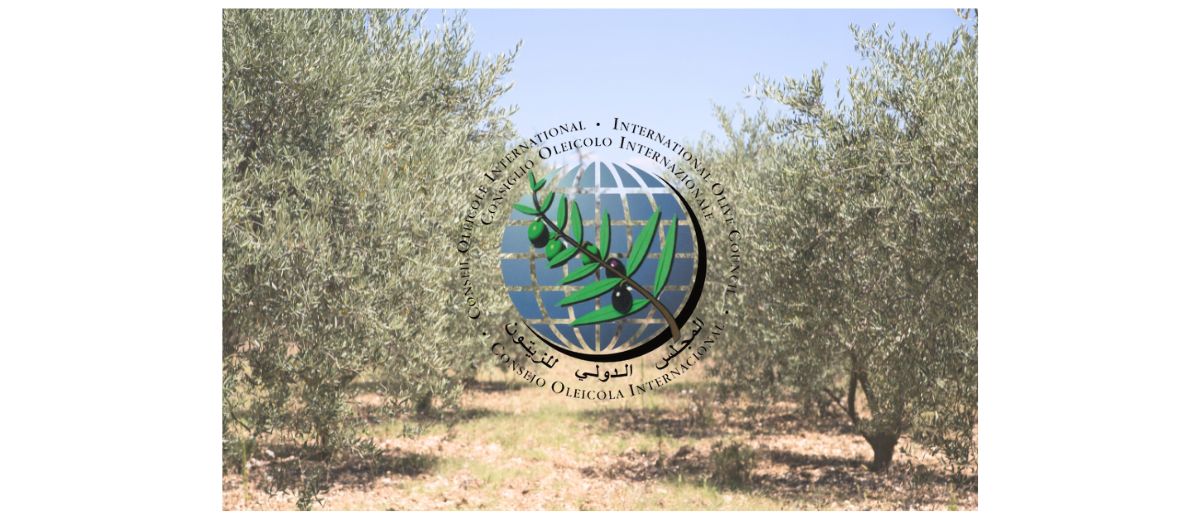This week on the Olive Health Information System website
The newsletter of the University of Navarra and the IOC dedicated to health
Rooted in the culinary traditions of countries like Spain, Italy, and Greece, the Mediterranean diet emphasizes whole foods such as fruits, vegetables, legumes, fish, and nuts, with olive oil serving as the main source of fat. It is widely recognized for its health benefits, particularly in reducing inflammation and lowering the risk of chronic diseases such as cardiovascular conditions and metabolic disorders. However, while many of its advantages are well established, its potential role in chronic conditions such as frailty and chronic pain is often overlooked.
A recent study examined the relationship between adherence to the Mediterranean diet and frailty in older adults using data from the NHANES cohort. Frailty—a syndrome that increases vulnerability to stressors and adverse health outcomes—was assessed based on strength, activity levels, exhaustion, walking speed, and weight loss. The results showed that participants who closely followed the Mediterranean diet had a significantly lower risk of frailty, up to 48% lower than those with poor adherence. These findings suggest that the Mediterranean diet could play a critical role in preventing frailty and promoting healthy aging.
A second study published this week—a systematic review—explores the role of healthy dietary patterns, particularly anti-inflammatory ones like the Mediterranean diet, in managing chronic pain, a condition that persists over time and significantly impacts daily life. Reviewing 28 studies, researchers identified three key attributes of diets beneficial for chronic pain patients: nutrient density, anti-inflammatory properties, and antioxidant effects. These characteristics were associated with reduced pain intensity, improved physical function, and enhanced overall well-being. The findings reinforce the idea that the Mediterranean diet may also serve as a natural, non-pharmacological approach to pain management, offering a holistic strategy to improve quality of life in individuals with chronic pain.
Together, these studies remind us that nutrition isn’t just about food —it’s a powerful tool for managing health conditions and enhancing well-being.
Other articles mentioned this week in the OHIS newsletter:
Aging & Diet
Autoimmune diseases
Mental health disorders
Metabolic Diseases
Association between Mediterranean diet and metabolic syndrome: analysis of NHANES 2007-2020.
Neurological Diseases
Nutritional and dietary clinical trials for Parkinson’s disease: a narrative review.
Other topics
Healthy Diet Consumption Among Chronic Pain Populations: A Concept Analysis.
Association of dietary quality indicators with gallstones in the US: NHANES 2017-2020.
Pediatrics










